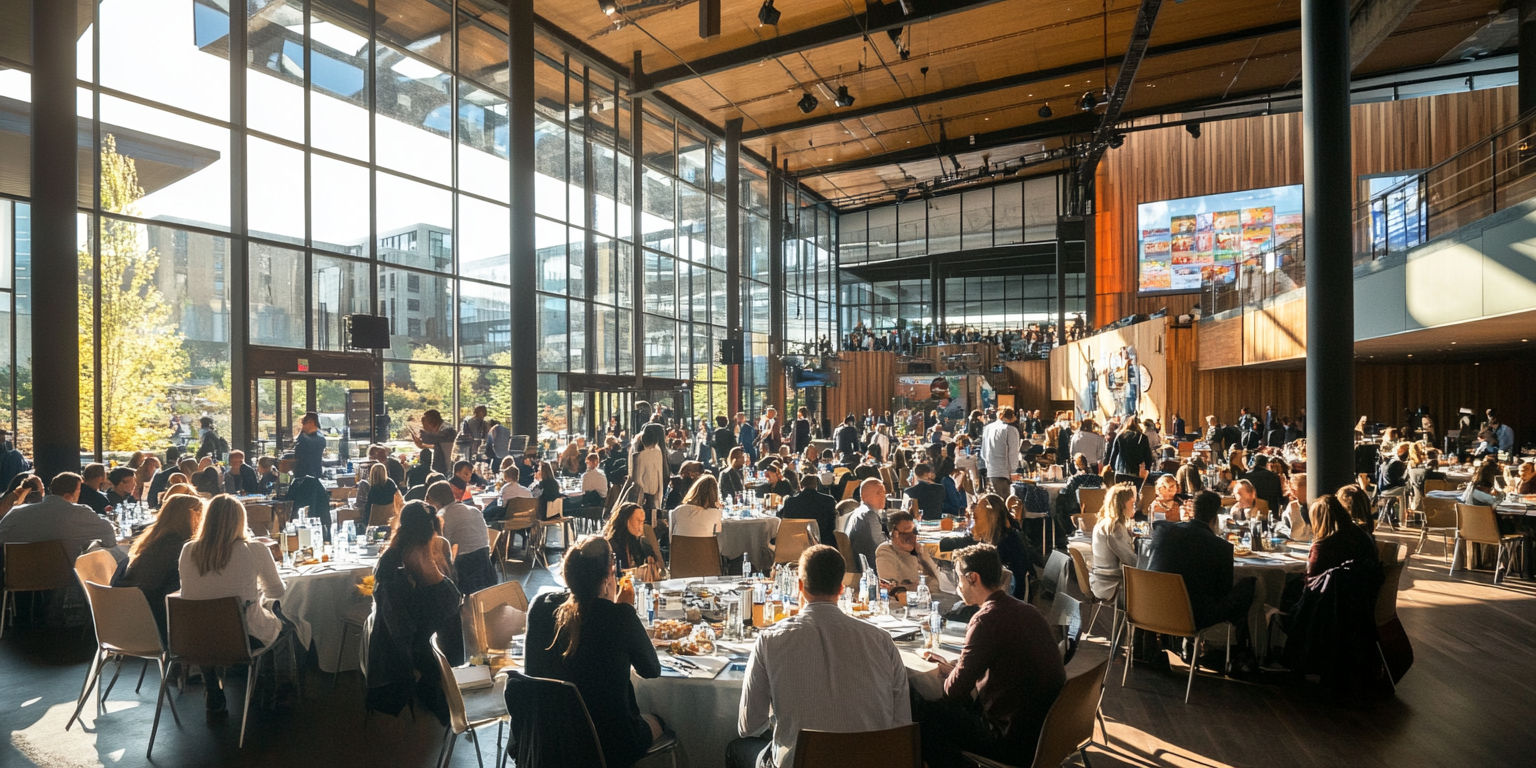
Recurring Events: Why Consistency Builds Community
In the world of events, one-off experiences can be exciting, but recurring events offer something much deeper: a sense of community. By hosting events regularly, you create opportunities for people to connect, build relationships, and form lasting bonds. This translates into increased engagement, loyalty, and ultimately, a thriving community around your brand or organization.
The Power of Predictability
Humans crave predictability. Knowing that an event happens every week, month, or quarter allows people to plan their schedules, anticipate the experience, and integrate it into their routines. This makes it easier for them to commit and attend regularly.
Benefits of Recurring Events:
- Community Building: Consistent interaction fosters relationships among attendees.
- Increased Loyalty: Regular attendees develop a stronger connection to your brand.
- Improved Attendance: Predictability makes it easier for people to plan ahead.
- Better Feedback: You gain valuable insights through repeated interactions with your audience.
- Streamlined Operations: You can refine your event format over time, improving the overall experience. Consider using Event Schedule for all your recurring events to make it even easier: Event Schedule.
Tips for Successful Recurring Events
Creating a successful recurring event requires more than just setting a schedule. Here are some practical tips:
- Choose the Right Frequency: Consider your target audience and the nature of your event when determining how often to host it. Weekly, monthly, or quarterly events are common choices.
- Maintain Consistency: Stick to the same day, time, and location as much as possible to create a reliable schedule.
- Offer Value: Ensure each event provides value to attendees, whether it's educational content, networking opportunities, or entertainment.
- Promote Effectively: Use a variety of marketing channels, including email, social media, and your website, to promote your events. Event Schedule can help you streamline your marketing efforts.
- Gather Feedback: Regularly solicit feedback from attendees to identify areas for improvement.
- Keep it Fresh: While consistency is important, don't be afraid to introduce new elements to keep your events engaging and avoid stagnation.
Examples of Successful Recurring Events
Many types of events can benefit from a recurring format. Consider these examples:
- Weekly Yoga Classes: Provide a consistent opportunity for people to improve their physical and mental well-being.
- Monthly Networking Events: Facilitate connections among professionals in a specific industry.
- Quarterly Workshops: Offer ongoing training and development opportunities.
By embracing the power of recurring events, you can cultivate a strong and engaged community that supports your organization's goals.
Related Posts

Build a Buzz: Recurring Flea Market Events & Newsletters
Discover how flea markets can build a loyal following using consistent recurring event schedules and engaging email newsletters. Learn practical tips for boosting attendance and fostering community.

Streamline Onboarding Webinars: Recurring Events & Newsletters
Streamline employee onboarding webinars with recurring event scheduling and targeted attendee newsletters. Enhance new hire engagement and efficiency for your training teams.

Boost Comedy Ticket Sales: Calendar & Email Marketing
Discover how comedy clubs can boost ticket sales by integrating an embeddable lineup calendar with targeted email marketing strategies for maximum audience engagement.